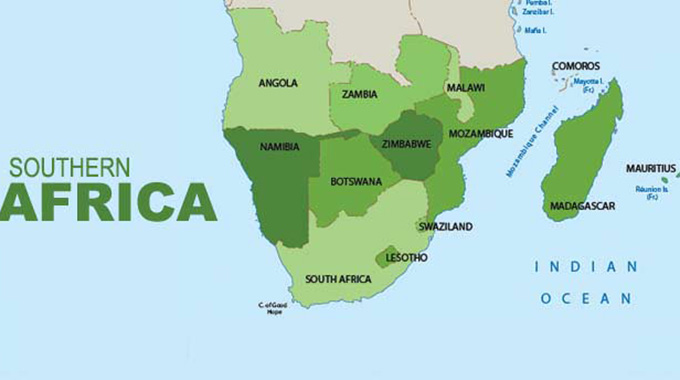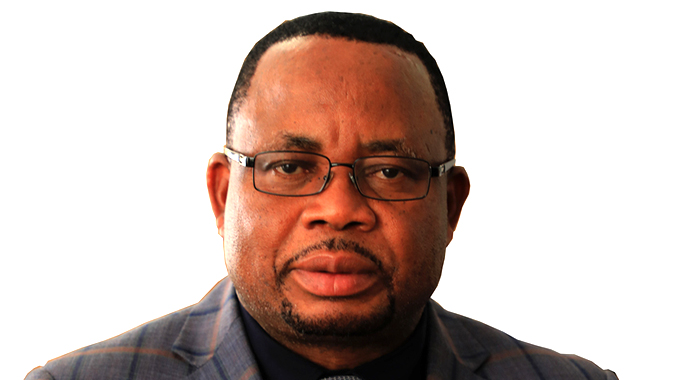Another year, another World Economic Forum on Africa

Next week, South Africa will host yet another annual World Economic Forum on Africa, in Cape Town. Very senior influencers in business, politics and others from several multilateral organisations will descend on the Mother City to present papers giving the state and direction of our world economy and, yet again, discuss the role Africa should be playing in it in order to reap desired benefits.
There will be lofty media interviews and addresses that will leave some people satisfied that all is not lost, despite the madness we see all around us.
There will also be many rich encounters and opportunities to network with the powerful; business cards will be exchanged and promises made to stay in touch and to ‘‘do something together soon’’; the usual stuff. And lots of food and drinks will be consumed.
One thing is certain: the local hospitality sector will reap immediate rewards from the event and the multiplier effects will be felt beyond the Cape Town International Convention Centre. We can confidently place a tick on that one. The rest will be for the future, or not.
The Forum, titled ‘Shaping Inclusive Growth and Shared Futures in the Fourth Industrial Revolution’, aims to tackle issues such as the transformation of regional architecture related to smart institutions, investment, integration, industry, and innovation, all under umbrella of the African Union’s Agenda 2063.
I have some questions. Who came up with 2063 in any case? Why such an odd number? And what are the milestones to watch for as we slowly make our way to 2063?
Who is monitoring and ensuring that those who make policy take appropriate measures so that when it does come, 2063 would be a year to be celebrated for something?
Also, will there be a discussion about what was achieved since the last Forum was held? If nothing, what were the obstacles and what will be done to remove them?
According to information immediately available online, the forum line-up proposes four programme tracks that will guide planned discussions:
Innovation: Readiness for the Fourth Industrial Revolution
Cooperation: Sustainable Development & Environmental Stewardship
Growth: Digitalisation & Competitive Industries
Stability: Leadership & Institutional Governance
All of this, we’re told, will culminate in the launch of the first African Affiliate Centre for the Fourth Industrial Revolution in South Africa.
It sounds like a mouthful. One would have to be very mischievous not to regard this as laudable, to appreciate the importance of these planned discussions, and to wish that they all get followed by concrete investments in related areas, and action that will create many opportunities for many hungry young Africans out there. Many of them continue to sit at home, unable to find gainful employment because, for some, the qualifications they have acquired no longer align with the needs of our fast digitising world.
Two of the key ingredients to success – following lofty presentations and discussions at gatherings such as the World Economic Forum Africa — are government policy on the one hand and, on the other hand, investor confidence that the climate is conducive enough for them to see far enough and place their money in the market to stimulate further activity. Without an element of sufficient predictability, buttressed by unambiguous political and economic policy stances by those in power, we shall remain lost in words and loftily crafted power point presentations.
Everything is linked, and in the absence of clear, assuring messages from those in power, confusion reigns and grows as others make pronouncements that scare markets.
In our case, they make such careless, often racially divisive and threatening, pronouncements with the full knowledge that those who should be countering their messages with clear policy stances from the position of elected leadership are too busy fighting intra-party battles and defending themselves in the courts, all of which take their attention from the real issues.
Deny it all you want; South Africa is hurting, and it is bleeding much needed skills and cash. Many are blind to all of this because the bleeding is internal. Only its effects will be felt when much blood will be lost. And deny again it all you want; South Africans need assurance. Plus, let’s face it, in a normal, ideal, country — which sadly we are not yet — all citizens of South Africa would be facing the same issues and needing the same form of assurance from their leaders; all packaged in the same colour and in one box.
Alas, we’re not quite there yet. We can, and should, have more conversations about what has held our progress up, 25 years after apartheid ended. No one should have any doubt that only rumbling cacophony would reign in the room where such conversations would be held.
The diversity of our country and the lingering tensions, mostly historic but also intensified in recent years by the manipulations of those who paid the erstwhile Bell Pottinger to come and ply its trade in our land, require leadership that will consider the nuances when it speaks to us, collectively in some cases, and separately in others.
Many young Blacks South Africans are frustrated by continued economic depravity and the slow pace of economic integration. Many of them are unemployed — of the 6,7 million unemployed in the latest statistics, 5,9 million are black Africans — and, because of our history, do not have silver platters handed-down over generations to feed on while they hustle. Even black tax has its limitations.
Many young Coloured South Africans continue to feel left out because they’re not black enough; their parents tell them they faced a similar kind of exclusion during apartheid, when they were not considered to be white enough.
Young white South Africans have long begun to feel the brunt of Affirmative Action and BEE policies. Their skin colour doesn’t necessarily make it any easier for them because they’re assumed to be rich or to have silver platters waiting for them at home because they’re white.
They even get blamed for apartheid; something they couldn’t possibly have had a hand in. So they leave the country as soon as they finish their studies and, soon, their parents follow them, selling up whatever they can and taking whatever money they have. They cannot stand the growing levels of hostility towards them, hostility that is often driven by misplaced anger, often encouraged by political opportunists of our times.
So, we can have all the lovely conversations in fancy, air-conditioned, venues about the state of our world, but they will lead to nothing if the basics continue to be neglected. Anyone who leads a country as diverse as South Africa, with the often-racialised concerns mentioned above, needs to be armed with massive levels of empathy and emotional intelligence.
They have to have the courage to reach out and touch all South Africans, assuring them on issues that are close to their hearts, without fearing criticism from any one group. —Fin24











Comments